There’s always something happening at Whitecliffe. From exhibitions and fashion shows to guest talks and hands-on workshops, our events are all about celebrating creativity and connecting with our community. Come along and be inspired!
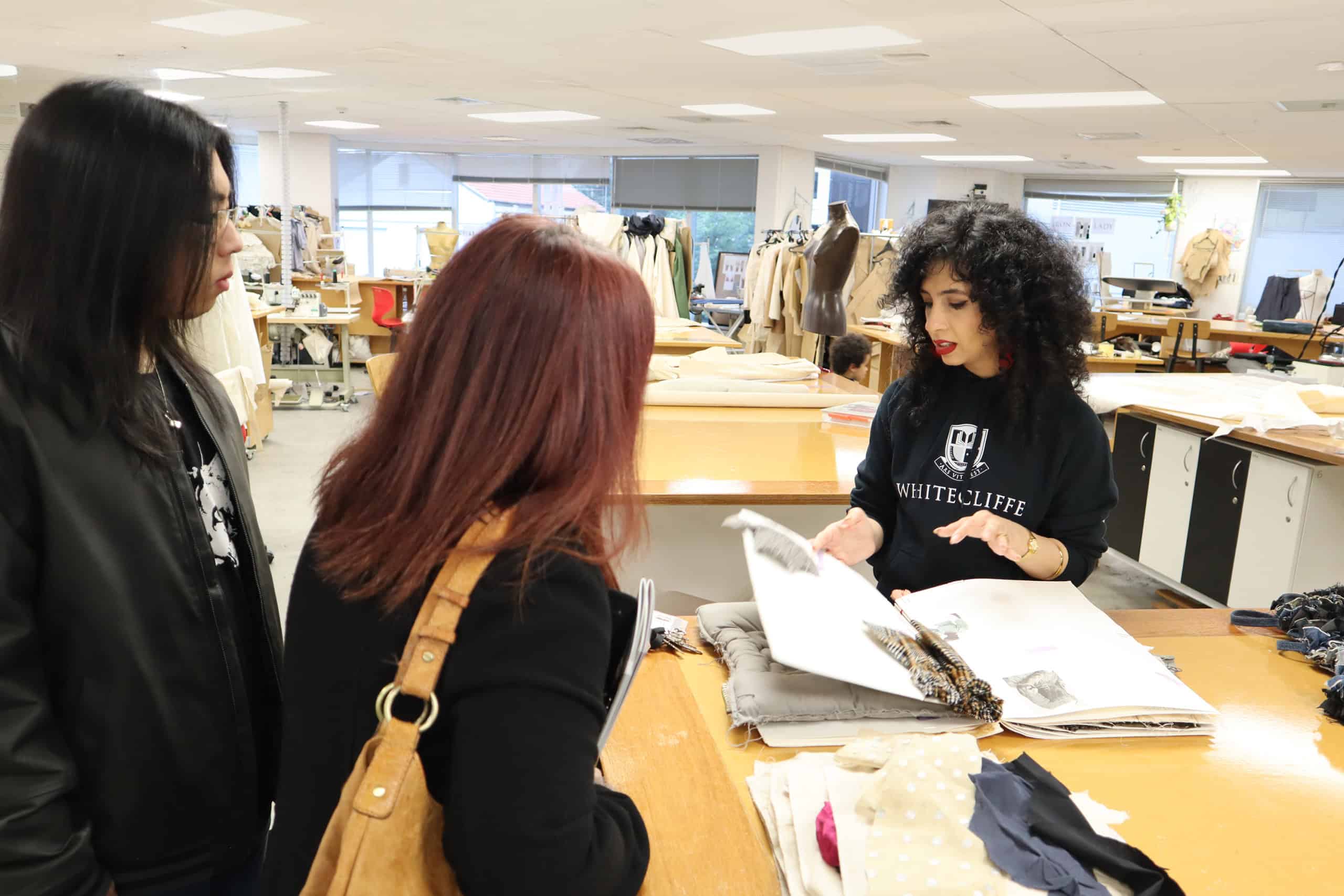
You’ll be able to walk through our spaces, meet staff, and ask questions at your own pace. ...
View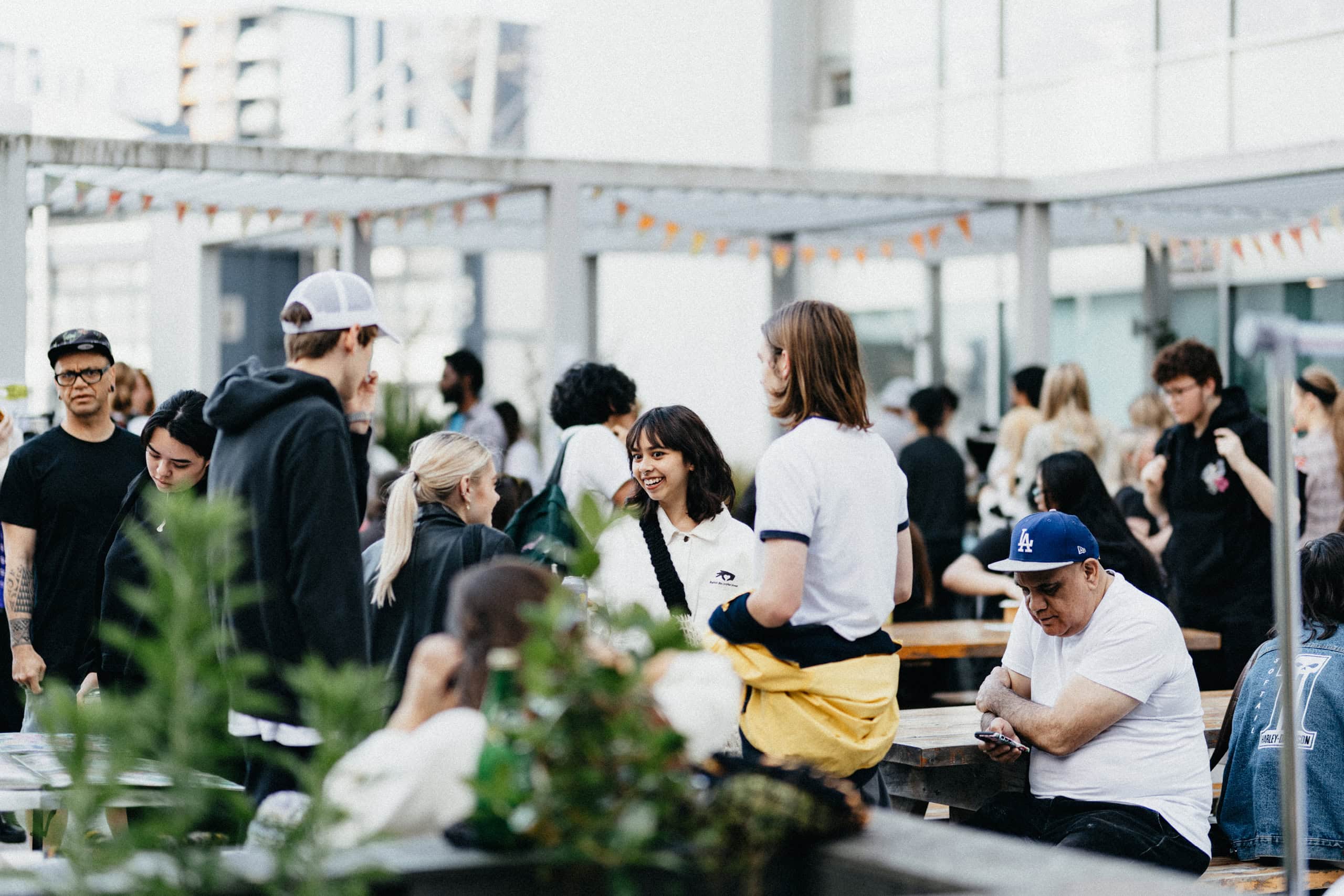
Open Day brings all faculties together for a full-campus experience, with more staff, activities and opportunities to explore what studying at Whitecliffe is like. ...
ViewSee what’s happening at Whitecliffe! From student projects to exciting events, stay updated with all the latest news from our creative community.
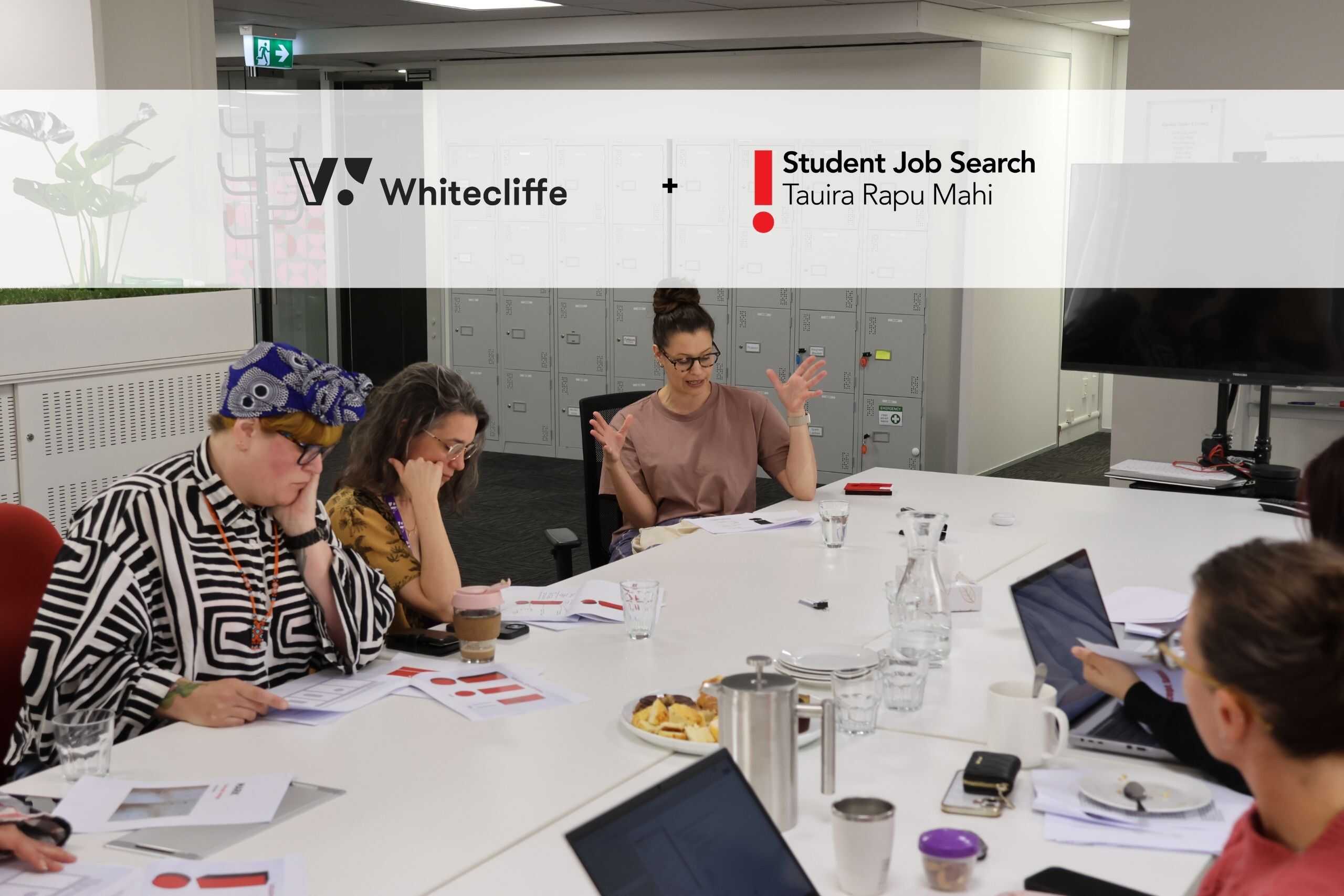
Fashion + Sustainability
15/12/2025
After several years in use, the current SJS mascot is being retired. SJS is now seeking a refreshed version that is practical, sustainable, and suitable for regular events across Aotearoa. To develop ...
View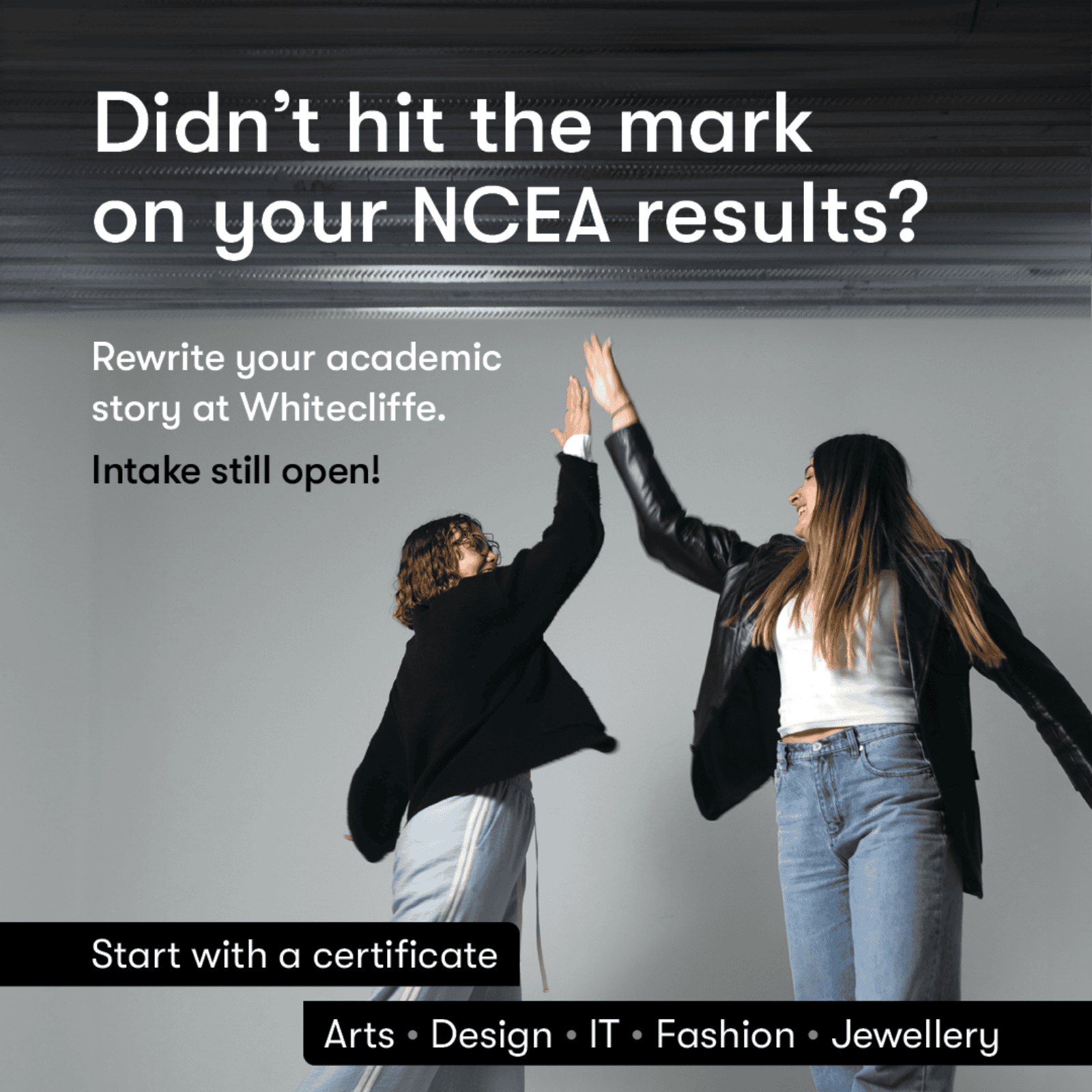
Other
08/12/2025
Not getting University Entrance can feel like a setback, but it’s really just a chance to find a new path that’s right for you. At Whitecliffe, we believe there’s no one-size-fits-all for succes ...
View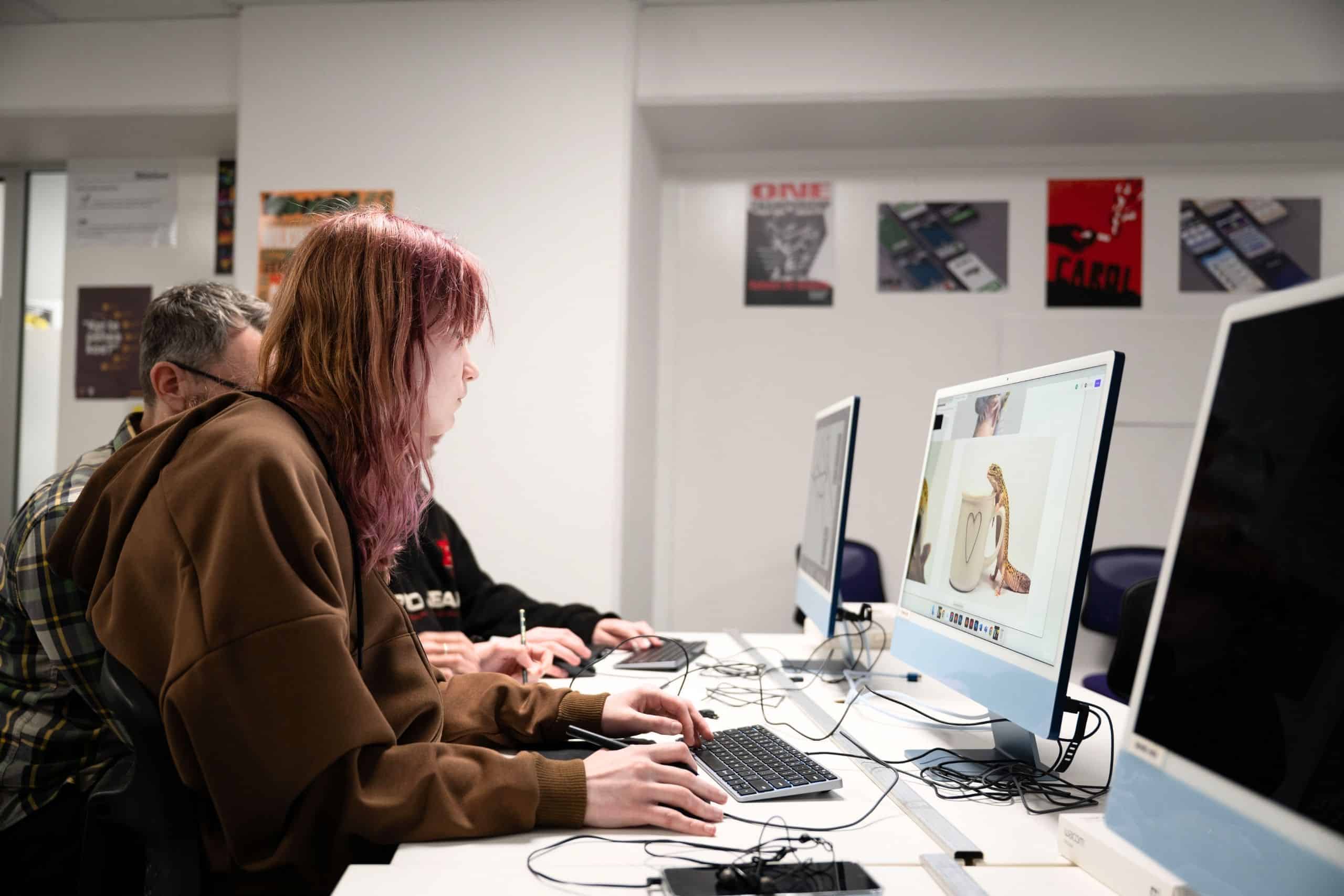
Design Innovation
02/12/2025
Wellington is full of studios, agencies, film, games and tech. Now there’s a new way to break into that world. ...
View
Other
02/12/2025
Whether you want to change industries, develop new skills, or finally pursue the career you’ve always wanted, Whitecliffe offers practical, future-focused programmes created for adults who are ready ...
View
Other
02/12/2025
If you’re considering leaving study to head straight into work, you’re not alone. Many students feel financial pressure or want to start earning sooner. But before you decide, know this... ...
View
Other
17/11/2025
Every year, our end-of-year exhibitions bring together the creativity, hard work, and ideas that our students have developed throughout their programmes. ...
View
Design Innovation
24/10/2025
We are excited to welcome Ross Pearce to the MBIL (Master of Business Innovation & Leadership) programme sharing his insights, deep understanding & experience on innovation with our students. ...
View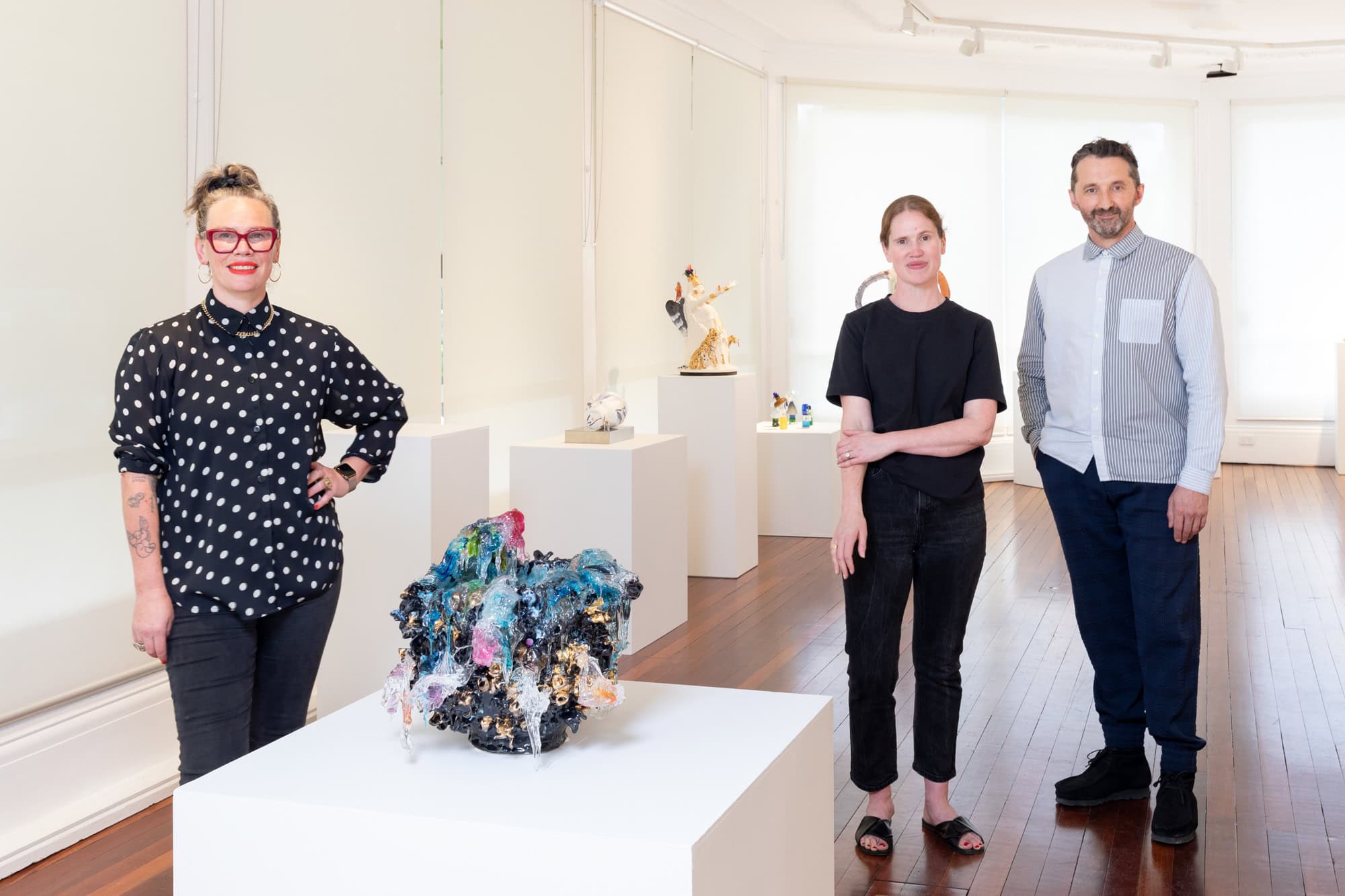
Fine Arts
20/10/2025
Master of Fine Arts alumna Virginia Leonard wins the 2025 Woollahra Small Sculpture Prize in Sydney for her powerful clay, gold, and resin work. ...
View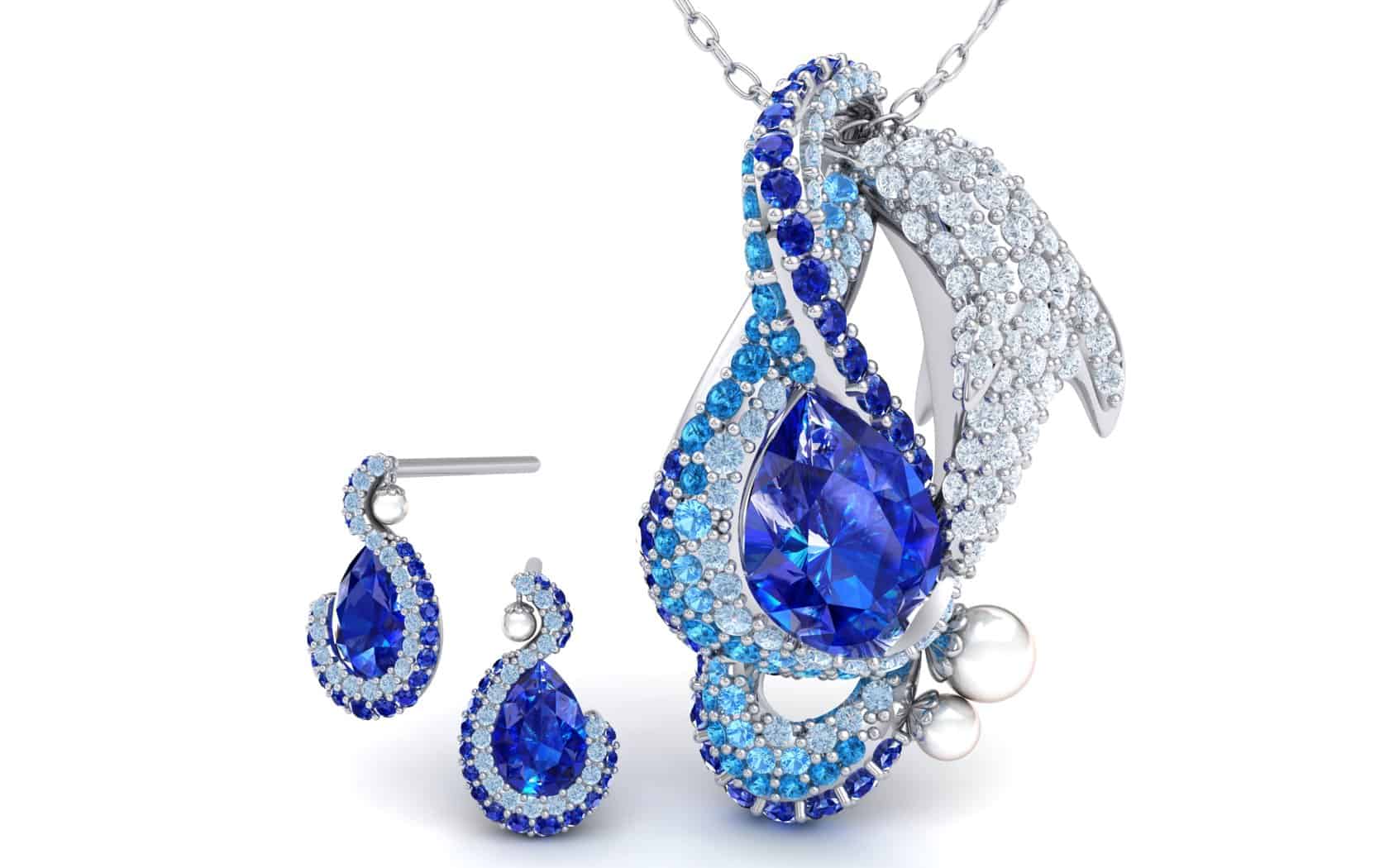
Fashion + Sustainability
15/10/2025
Whitecliffe Jewellery Lecturer Sujin Lee has received international recognition at the 2025 World Jewellery Design Awards (WADA Awards), winning 1st place in the Daily Wear category and placing in thr ...
View
Fashion + Sustainability
13/10/2025
Bachelor of Sustainable Fashion Design student, Kensa Munroe, has been named the winner of the 2025 Circular Design Award - Clothing Design Innovation Award and the winner of the Cotton Innovation Awa ...
View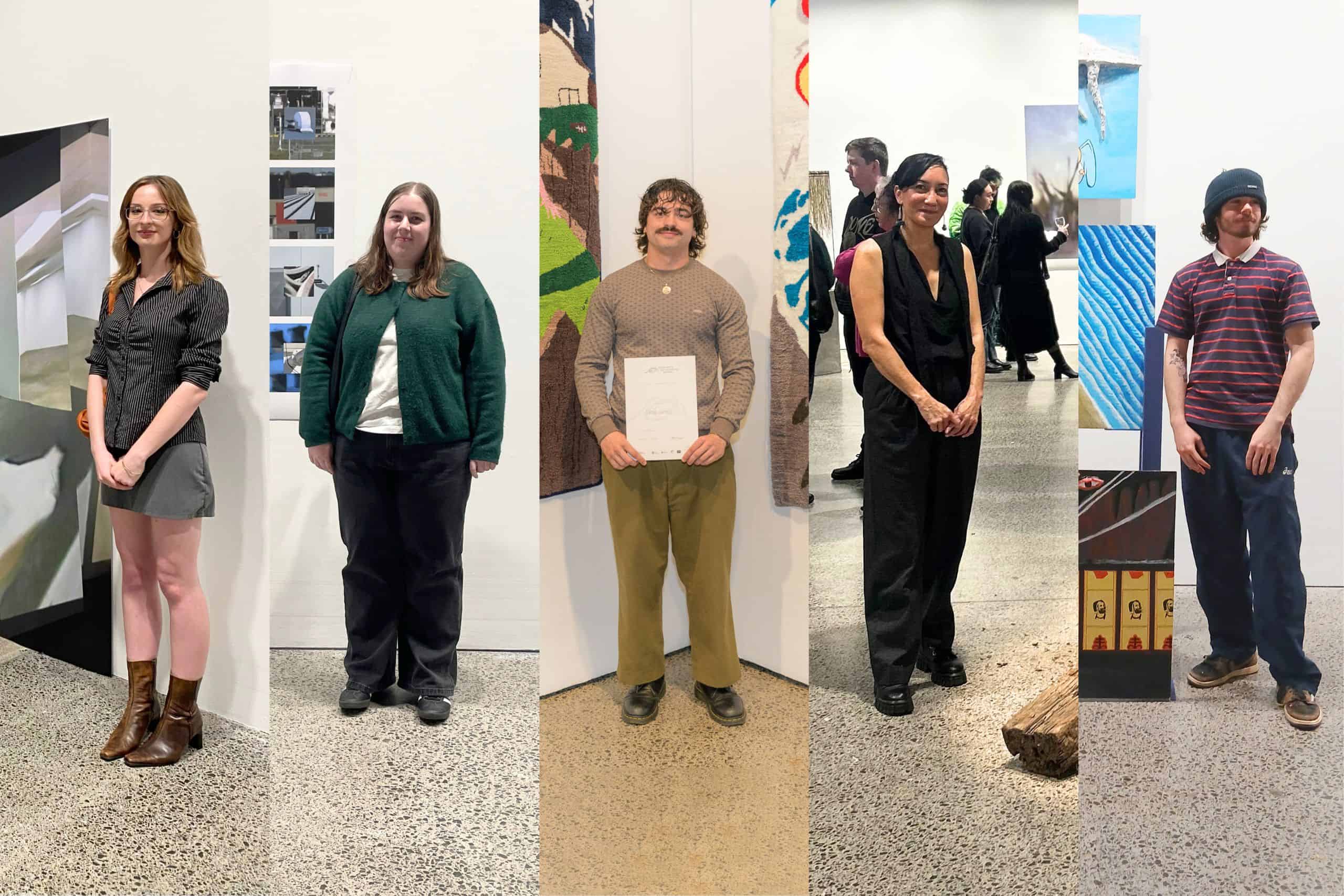
Fine Arts
11/10/2025
Five of our Year 3 Bachelor of Fine Arts students represented Whitecliffe at this year’s Eden Arts Art Schools Award, held at Webb’s in Mt. Eden earlier this month. ...
View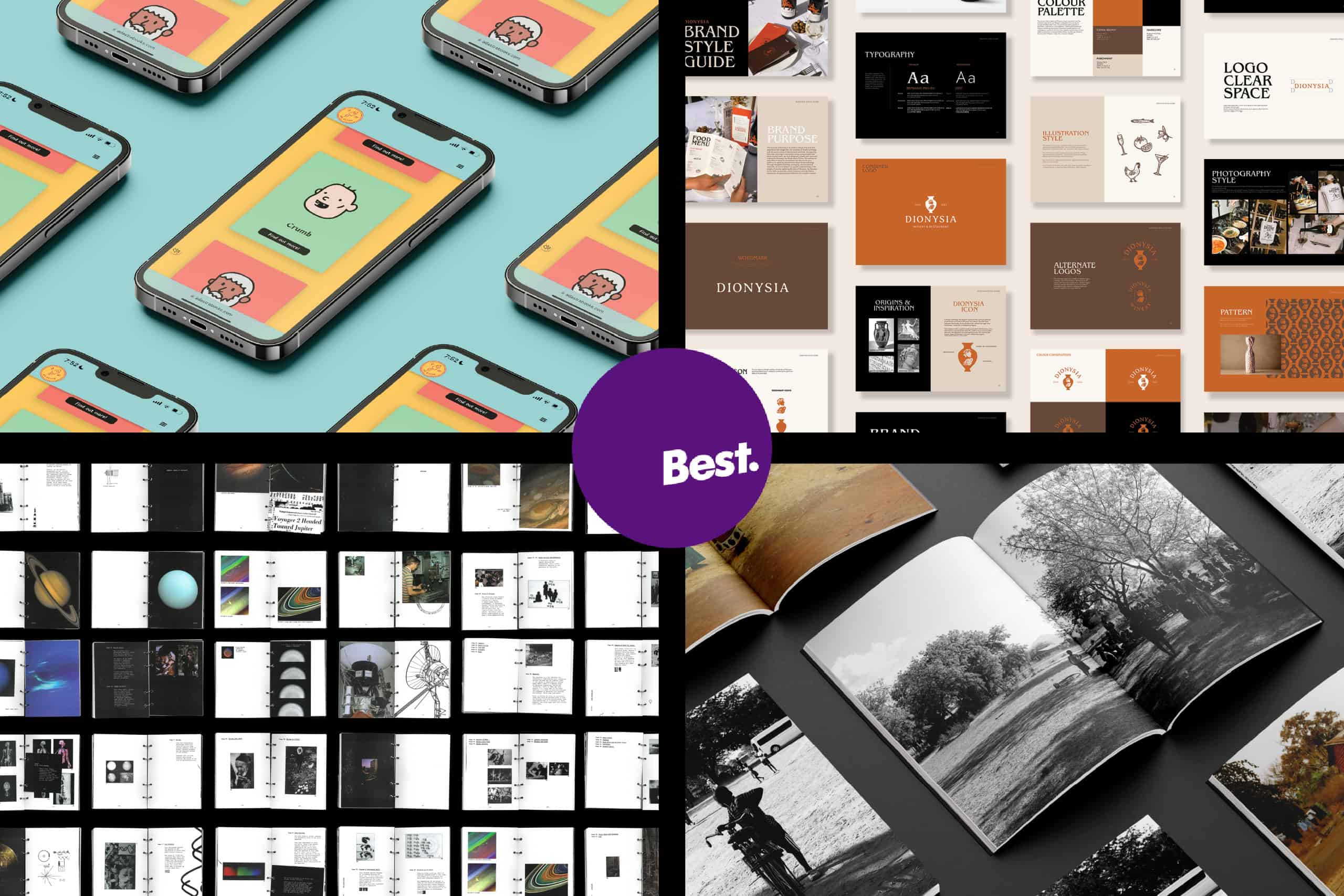
Design Innovation
02/10/2025
Four talented Bachelor of Design + Digital Media students from Whitecliffe are among the finalists in this year’s Best Design Awards. ...
View